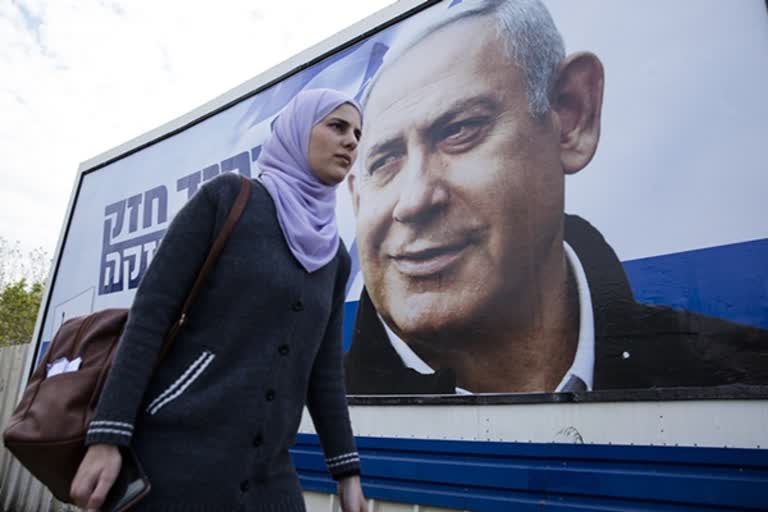Hyderabad: Israel is going to general elections on Tuesday which will decide the fate of Prime Minister Benjamin Netanyahu's prime ministership. By the look of it the Israel elections are more about Netanyahu, the incumbent Prime Minister than about the state of Israel. This is because Netanyahu has served as the country's Prime Minister for a very long time, about 14 years and has embedded himself seemingly inextricably with the tough, no -nonsense image of Israel that it has assumed over the past decade. The polls thus hold utmost significance in deciding the future of West Asia's peace because an aggressive Israel is considered by many as incompatible with long lasting peace that the region has been crying for since the Arab -Israel war of 1967.
With the Palestinian fights having ebbed largely, the wars that are waged against Israel come from the Iran-backed Hezbollah. And also from the Hamas. US President Trump's support for the shifting of capital to Jerusalem, a contested territory and Netanyahu's declaration that Israel would annex lands give rise to far more tensions than was witnessed in recent times. Against this the opposition players in Israel promise little change in the status quo. Yet the fatigue factor is there. As contender Benny Grantz says,"Enough is enough".
Here is a look at the contestants and broadly what they want to bring in.
Benjamin Netanyahu
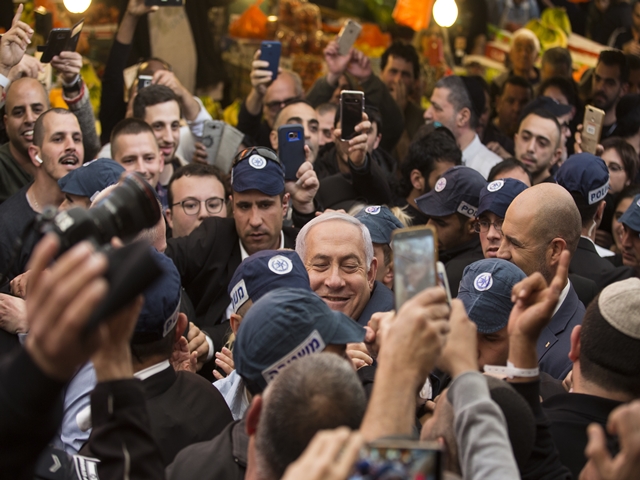
If Benjamin Netanyahu of Likud party makes it to the Prime Minister's office this time too, then he will become the longest serving Prime Minister of the nation after David Ben-Gurien.
Netanyahu, who is the ninth Prime Minister of Israel, has been serving the nation since 2009 for three consecutive terms and has also lead the country from 1996 to 1999.
Though Netanyahu is accused of three corruption cases, political pundits claim that he is ahead in the race because of his efforts in safeguarding the nation's interests, security and developing international relations.
Most importantly, the world's most powerful nation- the US backs Netanyahu. Netanyahu has also improved relations with Russia's Vladimir Putin .
Benny Gantz
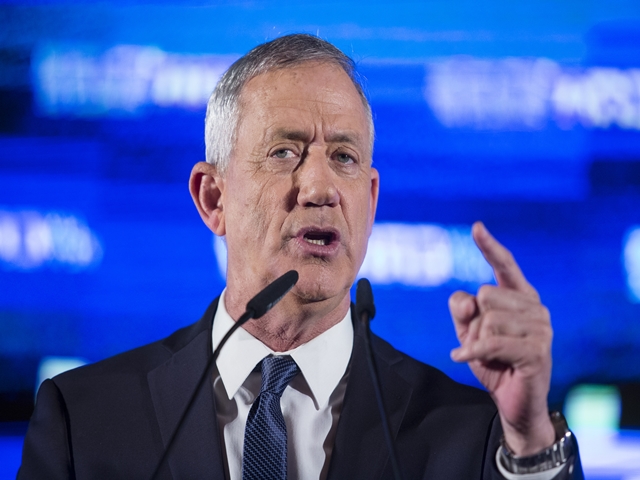
Former Chief of Staff of Israeli military Benny Gantz who jumped into the fray recently and has gathered the support of some sundry parties has emerged as a strong challenge for Netanyahu primarily because of his clean image and respectability. The changes that Grantz, if he wins, can bring in is a fair and transparent leadership something Israel badly needs . He may also try to distance himself and his government from the ultra-right and the religious groups that hold a strong sway over Netanyahu and his government . Gantz, joining hands with two other military chiefs- Moshe Yaalon and Gabi Ashkenazi and Yair Lapid, a former TV anchor-turned-politician, have floated Blue and White alliance that is poised to give a fight to the Likud leader.
Moshe Feiglin
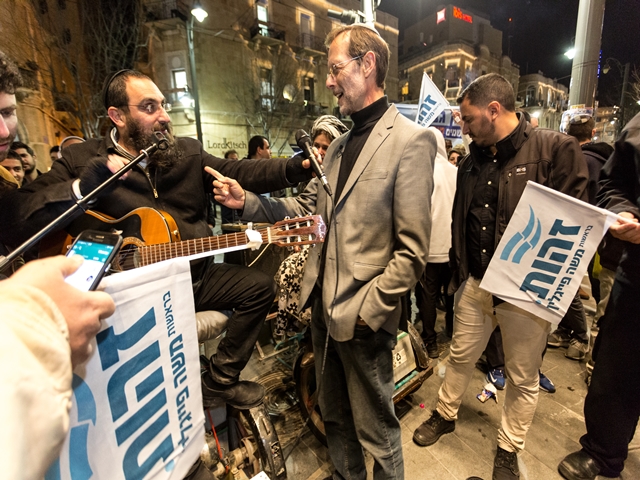
Mosge Feiglin, an Israeli politician and leader of Zehut party, is popular for his fight for legalisation of cannabis in the country. Feiglin, who bats for reducing the number of government ministries and supports registration of marriages including same sex marriage, is believed to become an alternative for Israelis in the general elections.
He may become a king maker as he earlier said that his party Zehut would go for a coalition with any party that will safeguard the interest of the nation.
Naftali Bennett and Ayelet Shaked
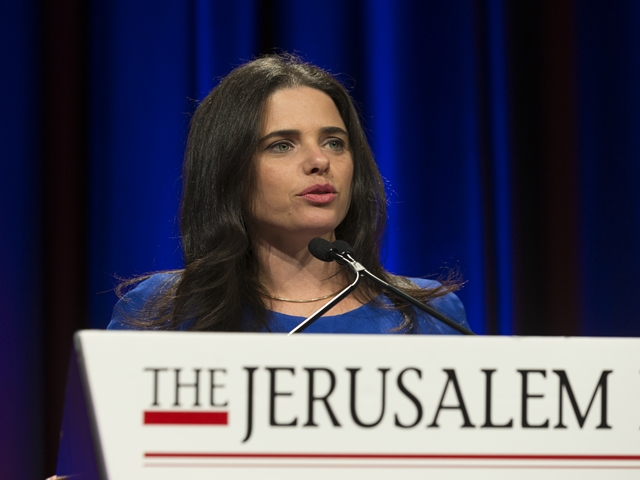
The Education minister Naftali Bennett and the Justice minister Ayelet Shaked quit Jewish Home party in December and floated their own party - the New Right to lock horns with Netanyahu. With a five point agenda that includes defeating Hamas, pounding Hamas from the air, targeted assassinations, permanent demilitarisation of Gaza, the party is all set put a fight on the political battlefield.
- Knesset
Israel's Parliament is known as Knesset and consists of 120 members who are elected for a 4-year term.
The seats are divided proportionately based on the percentage of the vote each party gets. The voters select the party of their choice instead of choosing any specific candidate.
A party requires 3.25 percent of vote to be allocated a Knesset seat.
